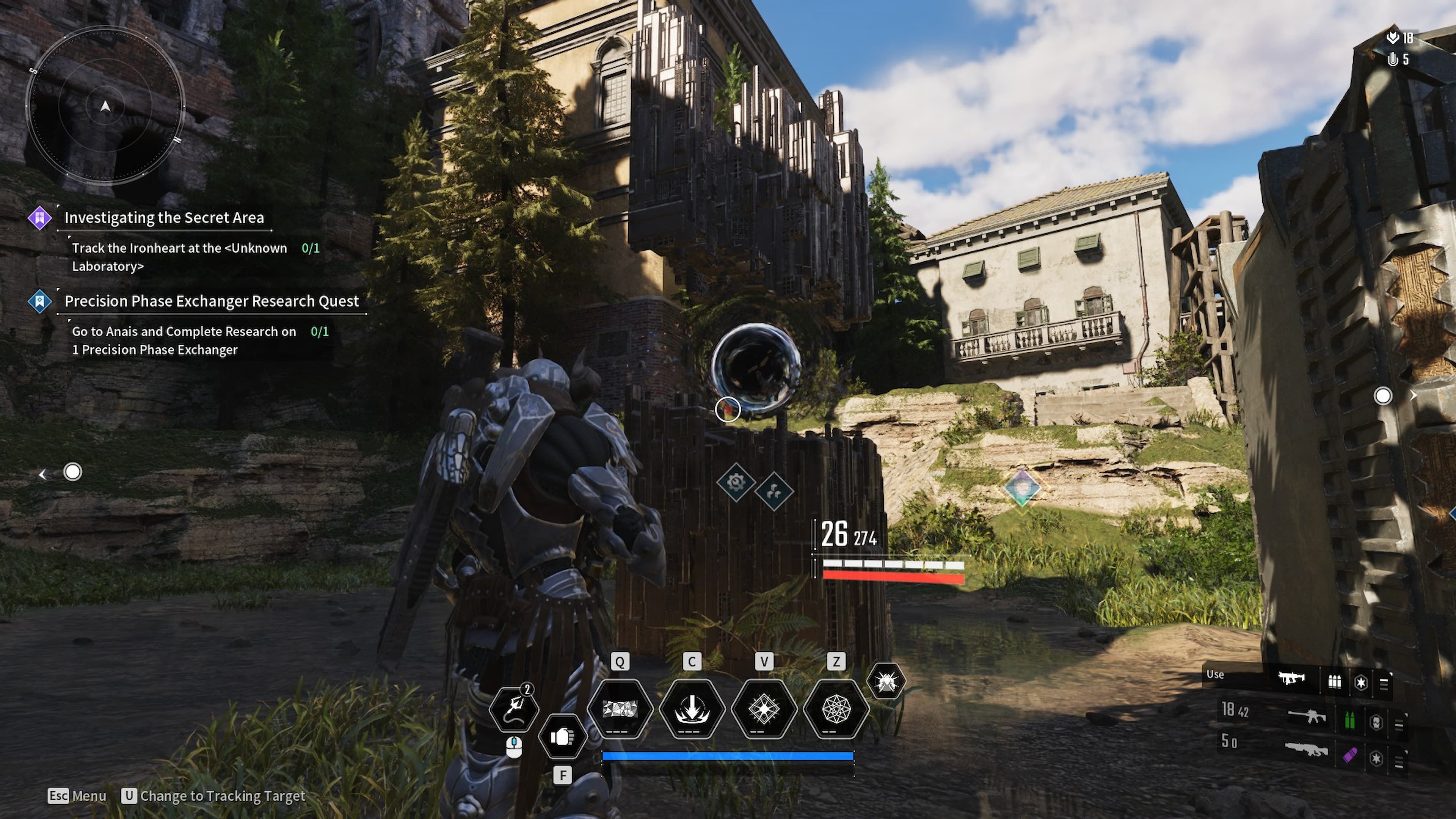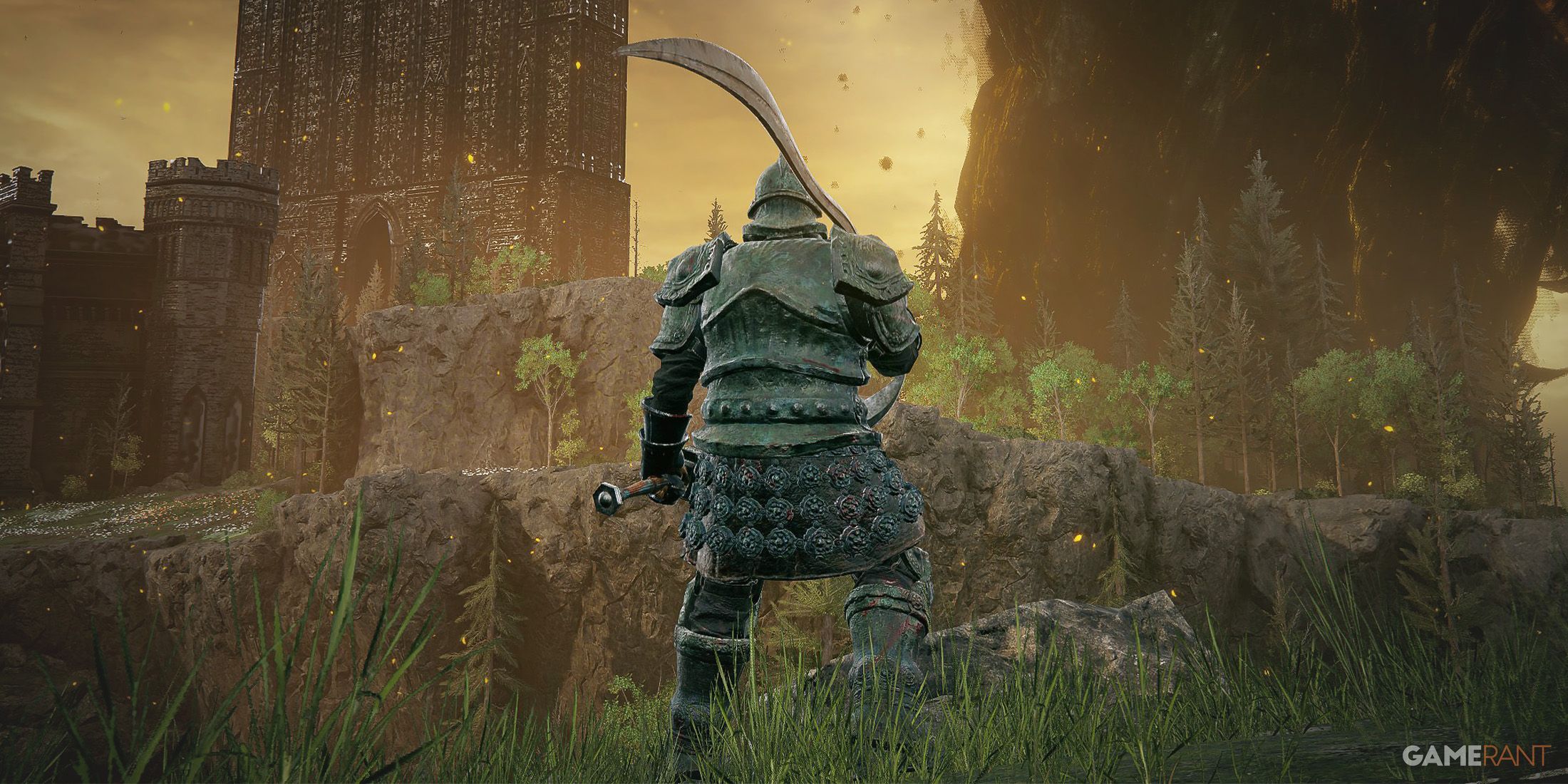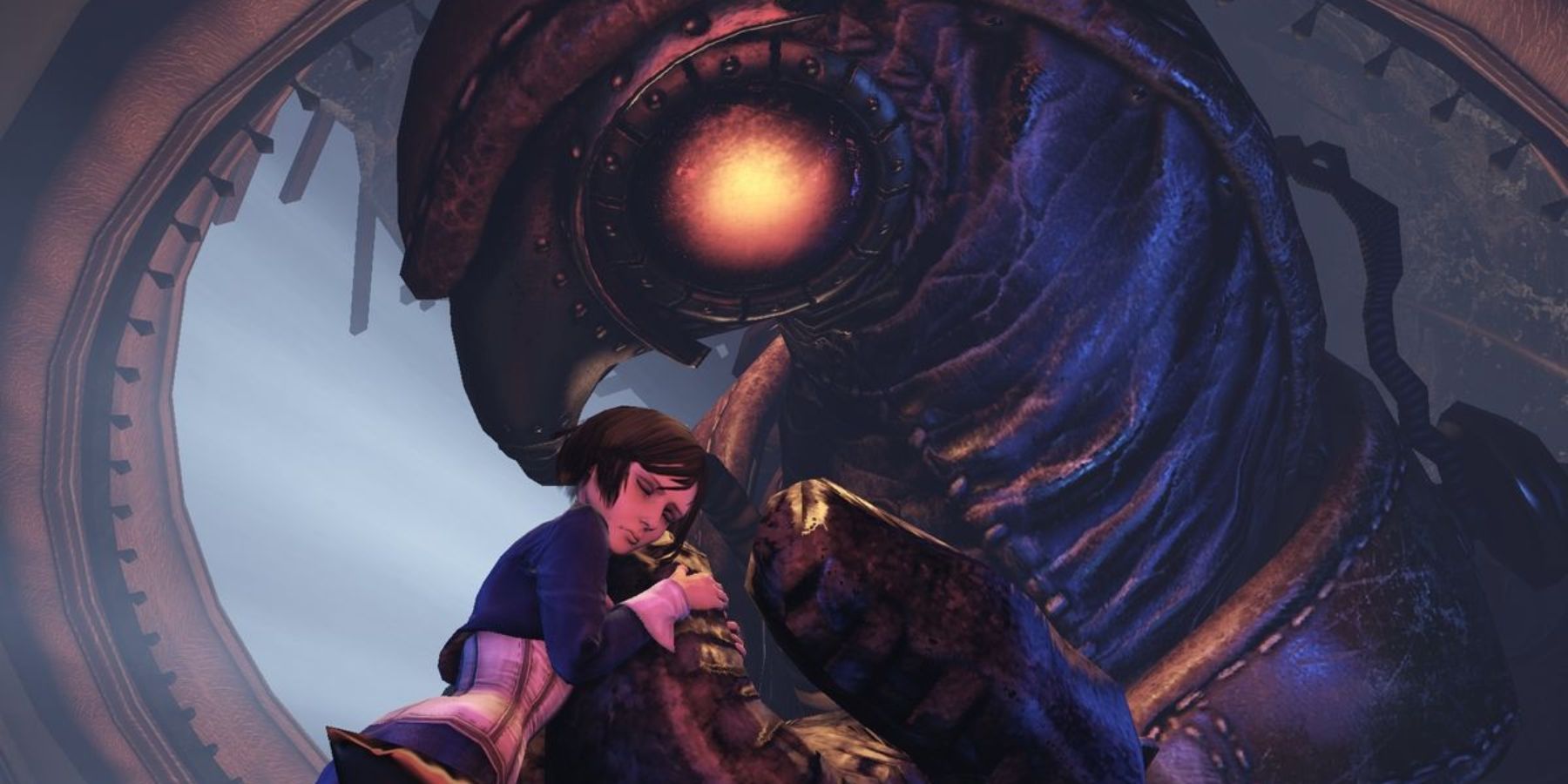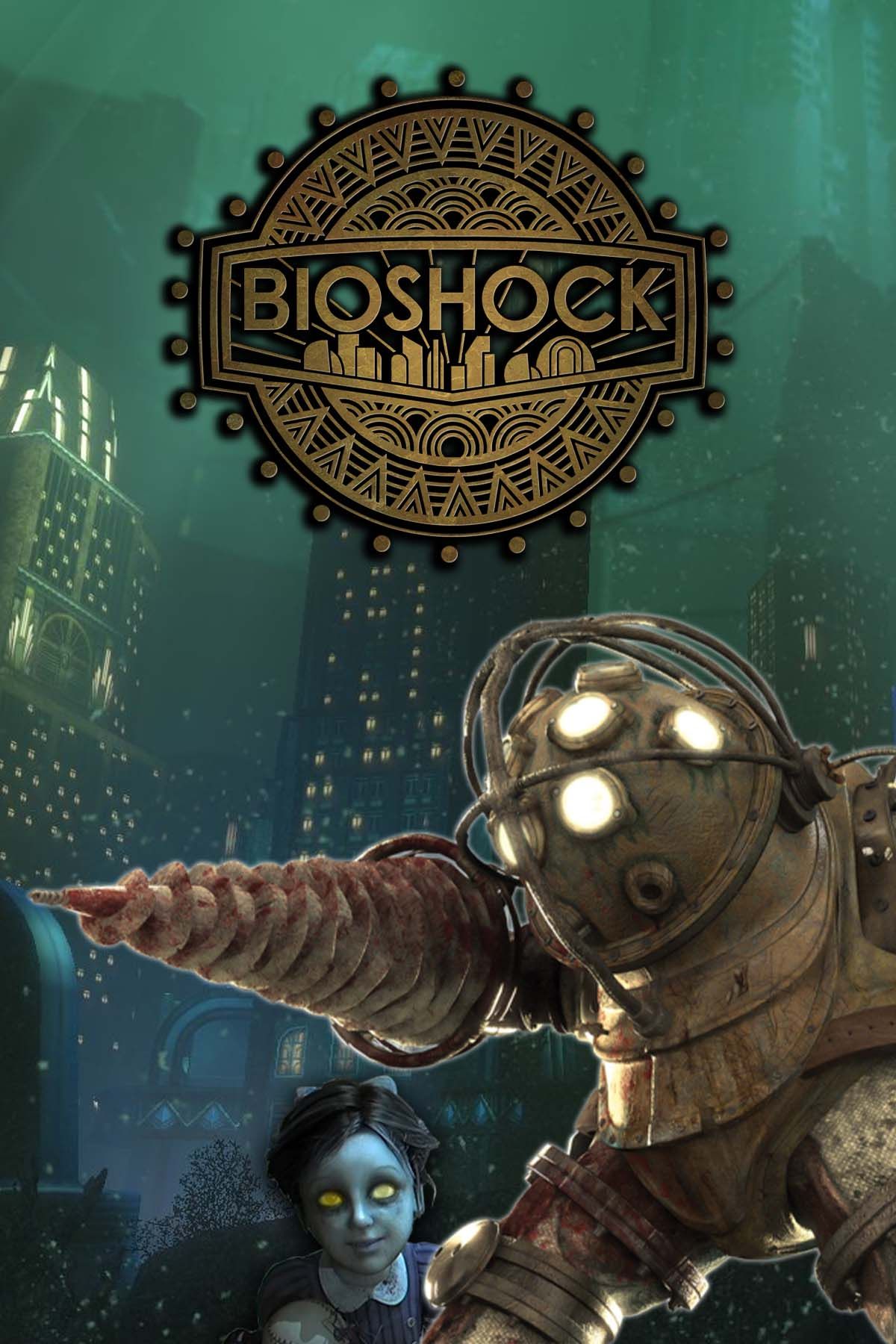Highlights
- BioShock's villains are well-formed and believably realized, with clear motivations and sensible plans that contribute to their downfall.
- Each villain's philosophy is reflected and distorted in the others, showcasing the complex and interconnected nature of their ideologies.
- BioShock 4 has the challenge of living up to the legacy of the series' memorable villains, and could potentially explore new ideologies and introduce alternate realities to continue the franchise's tradition.
In 2007, Irrational Games' BioShock delivered audiences a tightly designed FPS/RPG-lite that had mature thematic elements commenting candidly on capitalism, individualism, morality, and the conventions of games themselves. BioShock's philosophical motifs were expanded and explored further in two more titles, each building upon the prior angles and showing further facets of humanity's drive to build a utopia and the complications that such an endeavor entails. This was chiefly accomplished through the series' imposing villains, who, instead of being one-dimensional, were well-formed and believably realized with understandable and even relatable goals.
How its villain is portrayed is a major factor that contributes to any standout story, and BioShock contains a few of the most memorable and iconic in the medium. They are intrinsically linked to the narrative and tone in a way that many other games are unable to achieve. BioShock 4, confirmed in 2019 under the direction of a new studio, Cloud Chamber, is set to inherit this legacy. Given the strength of previous antagonists, though, it has a challenging task in front of it if it is to sustain or possibly surpass the quality and character of previous BioShock villains.
BioShock 4 is still technically in the works , but various reports, rumors, and leaks suggest it is currently stuck in development hell.
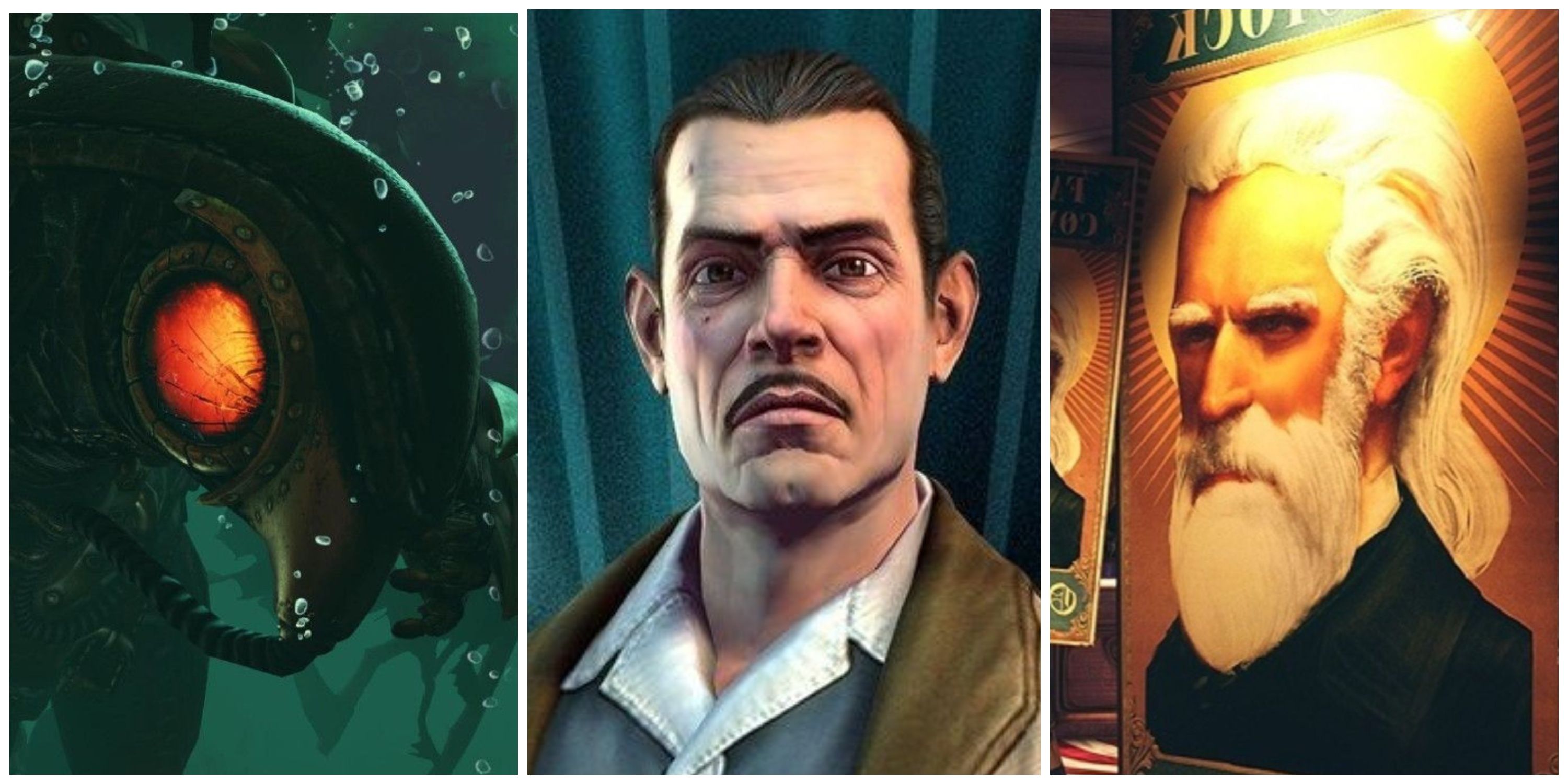
5 Best BioShock Villains, Ranked
The BioShock trilogy has several memorable villains. Here are the best in the franchise, ranked.
BioShock 4's Villain Has A Huge Burden On Their Shoulders
BioShock's Rogues' Gallery
Villain | Title | Philosophy |
|---|---|---|
Andrew Ryan | BioShock | Objectivism/Meritocracy |
Frank Fontaine/Atlas | BioShock | Objectivism (by default) |
Sofia Lamb | BioShock 2 | Altruistic Collectivism |
Zachary Hale Comstock | BioShock: Infinite | Religious Nationalism |
In each case, BioShock's villain motivations were clear and their plans sensible, at least from their view. Their mindsets and actions made it apparent how they directly contributed to their downfall, with their refusal to admit the cause of their undoing was self-inflicted until it was too late. Crucially, they also all resonate, as each one's philosophy is reflected and distorted in the others'. Ryan and Fontaine were foils, both intelligent and cunning, yet their stubborn hubris blinded them from realizing they were cut from the same cloth, and ironically would likely have succeeded if they cooperated rather than competed.
BioShock 2's Sofia Lamb interestingly depicted the opposite side of Objectivist beliefs. Lamb attempted to reverse Rapture's dysfunctional dystopia by essentially eradicating individuality via merging every citizen's memories and experiences into a single person, her daughter, ostensibly creating the "ultimate Utopian." Infinite's Comstock was closer to resembling Ryan in terms of presence and conviction. His zeal was of a pseudo-religious nationalistic bent, imparting a messianic quality to three of America's Founding Fathers and presenting himself in a similar "savior" light, while hypocritically exploiting those around him, including his own daughter.
BioShock's plot twists hinged on major reveals by or about its villains, especially Ryan's infamous monologue about the nature of free will and what it means to "be a man," meant to rattle both the main character and players. BioShock's villains were always mirrors of its protagonists, literally in Comstock's case, as it is revealed that he is a multiverse version of lead Booker DeWitt, whose life choices sent him down the road to transforming into the persona of Comstock. Likewise, BS1's Jack is the genetically engineered "son" of Ryan, created and controlled by Fontaine in their power struggle against each other.
How BioShock 4 Could Continue its Legacy of Villains
With such a stable of impactful villains, the next title's villain has some big shoes to fill. Perhaps BioShock 4 can delve into other ideologies to frame its antagonist around, with one who embodies a different but potentially equally dangerous philosophy. If some rumors about BS4 are reliable, it may be set in two opposing cities or sections of one giant metropolis, which theoretically could mean two separate villains heading each, providing an opportunity for at least one to stand out.
BioShock 4 might also continue Infinite's multiverse, introducing an alternate reality with the possibility of previous villains or even other characters who weren't evil before but became such in another universe filling the role. BioShock's original protagonist, Jack, could be a fascinating and surprising choice and would bring BioShock full circle with its cycle of villains. In any case, BioShock 4 must attempt to keep its antagonists on par with previous ones to ensure its legacy.
